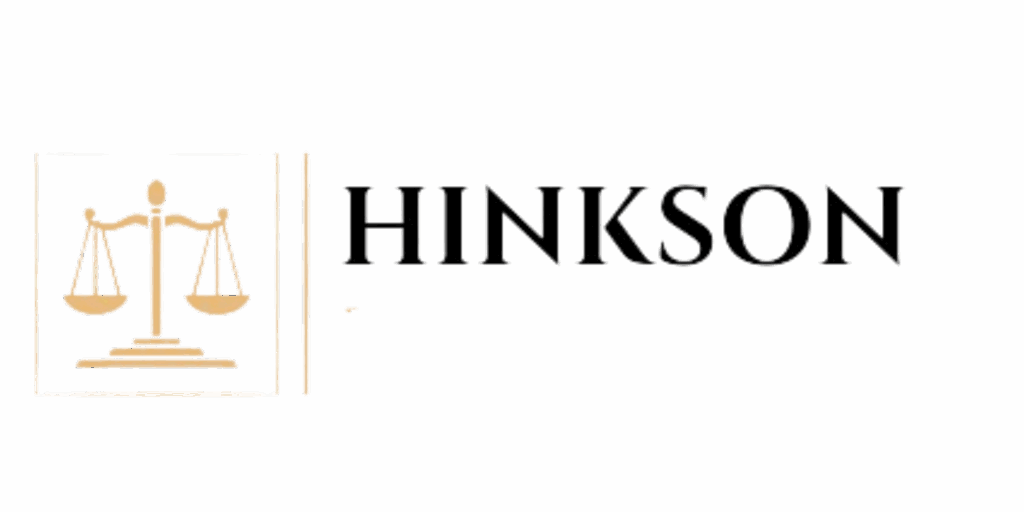As consumers, we have the right to fair treatment, safe products, and transparency in the marketplace. Whether you’re shopping for goods, hiring a service, or dealing with a business transaction, understanding your consumer rights is essential to ensure that your interests are protected. This blog post provides a guide on how to safeguard your rights and what steps you can take if you face unfair practices or fraud.
1. Understanding Your Consumer Rights
Consumer rights encompass the protections provided to buyers of goods and services. These rights include the right to receive products or services that are safe, fit for use, and as described. They also cover the right to get a fair refund or exchange when the product or service is defective or does not meet the agreed terms. In many countries, consumer protection matterss are in place to ensure businesses do not deceive or take advantage of consumers. Knowing these rights can help you avoid being misled or harmed in transactions.
2. Common Consumer Issues and How to Address Them
There are several common consumer issues, including misleading advertising, defective products, faulty services, and identity theft. When you encounter these problems, it is important to address them swiftly. For example, if a product does not work as advertised or is unsafe, you have the right to a refund or replacement. If a business fails to honor a warranty or provides poor service, you may be entitled to compensation. The first step in addressing these issues is to contact the business directly to resolve the situation. If the issue is not resolved through direct communication, there are legal avenues available to escalate the matter, such as filing a complaint with consumer protection agencies.
3. Consumer Protection Laws
Consumer protection matterss vary by region, but they all aim to provide consumers with a fair and safe marketplace. These matterss often cover issues like fraud, deceptive marketing, false advertising, and the quality of products and services. In many countries, there are government agencies dedicated to enforcing these matterss and helping consumers address complaints. In addition, many jurisdictions have “cooling-off” periods that allow consumers to cancel certain contracts, such as door-to-door sales or online purchases, within a set timeframe. Understanding these matterss gives you the power to challenge unfair business practices.
4. Steps to Take If Your Consumer Rights Are Violated
If you believe your consumer rights have been violated, there are several steps you can take. Start by documenting the issue, such as taking photos of defective products or keeping a record of faulty services. Next, reach out to the business directly to explain your concerns and request a resolution. If you are not satisfied with the response, you can escalate the issue by filing a complaint with consumer protection agencies, such as the Better Business Bureau or a government department that handles consumer affairs. If the issue involves fraud or a more serious violation, you may also have the option to take legal action.
5. Protecting Yourself From Consumer Scams
Consumer scams are a significant concern, especially in the digital age. Scammers often target consumers with false promises, deceptive offers, and fraudulent schemes. To protect yourself, always research a business before making a purchase, particularly when dealing with unfamiliar companies. Be wary of unsolicited offers, especially those that pressure you into making quick decisions. Additionally, ensure that your personal information is secure when shopping online, and never share sensitive details, like your social security number or banking information, with unverified sources.
6. How Consumer Resources Can Help
There are numerous consumer resources available to assist in protecting your rights. Government websites, nonprofit organizations, and consumer protection agencies offer tools and guidance on how to handle complaints, report fraud, and understand your rights. These resources can also help you learn about ongoing consumer issues, such as recalls or widespread product defects. By utilizing these resources, you can stay informed and empowered as a consumer.
Conclusion
Being a consumer in today’s marketplace means being informed and proactive about your rights. By understanding what protections you have and knowing how to address potential issues, you can navigate transactions with confidence. If you ever face challenges or feel that your rights are being violated, there are resources and steps available to help you resolve the situation and ensure that you are treated fairly.

